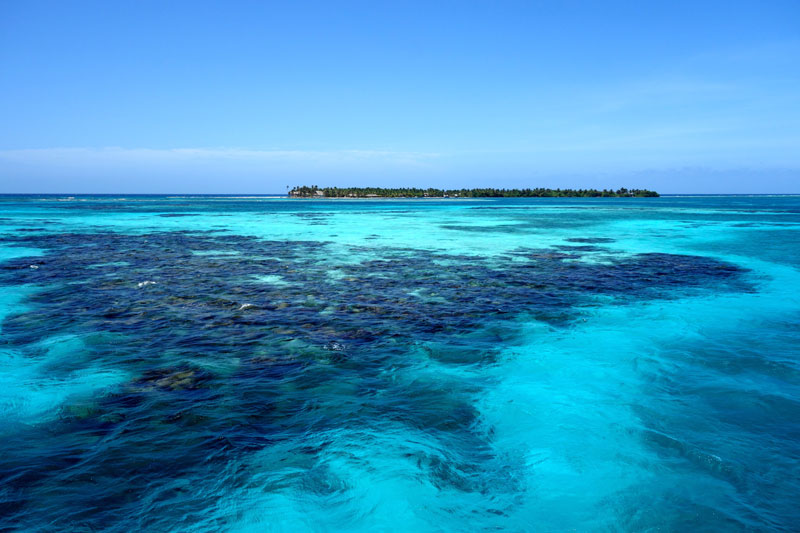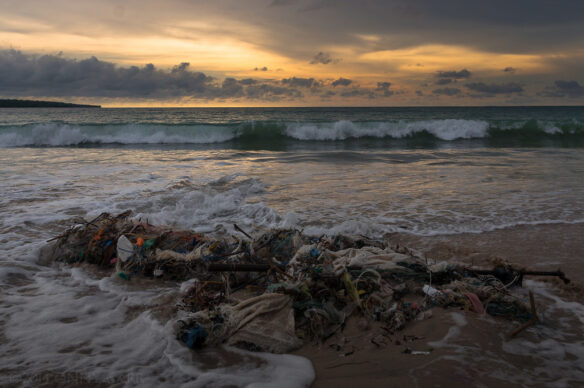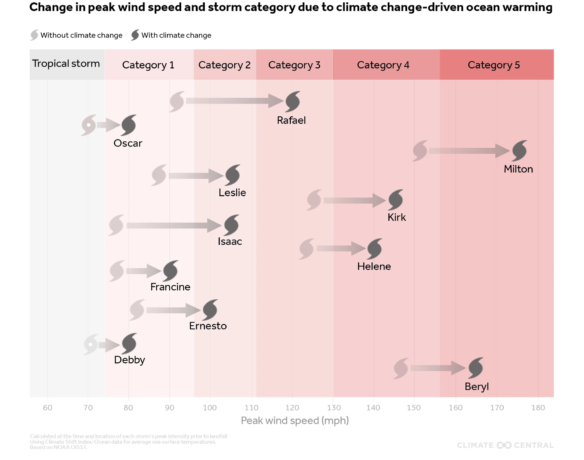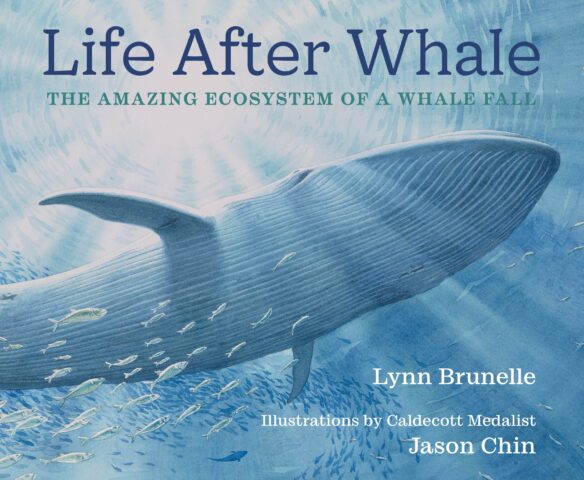
Photograph: © SAF – Coastal Care
Excerpts;
Coral reefs provide food and livelihoods for hundreds of millions of people around the world, support more than a quarter of all marine life, and protect communities and coastlines from natural disasters—and if urgent action is not taken, we risk losing them forever.
The spectacular marine diversity that corals offer has attracted snorkelers, divers and film-makers for decades, but these awe-inspiring ecosystems are now in serious trouble.
The alarming state of coral reefs around the world has been well-documented in the past few years. Climate change, ocean acidification and pollution are the main causes of coral bleaching, degradation and die-offs.
However, awareness and data on how wastewater pollution impacts coral reefs remain limited in most reef regions.
“For years, oceans have been used as dumping grounds for many types of waste, including sewage, industrial waste, chemicals and litter,” says head of UN Environment’s coral reef unit Jerker Tamelander. “More than 80 per cent of marine pollution originates from land, including wastewater, sediment and nutrients delivered via waterways.”
A 2017 brief Wastewater Pollution on Coral Reefs compiled by UN Environment through the Global Coral Reef Partnership and the Global Wastewater Initiative and in collaboration with Coasts Climate Oceans, says coral exposed to excess nutrients, turbidity, sedimentation, pathogens or chemical pollutants is more susceptible to thermal stress and less able to survive a coral bleaching event…









